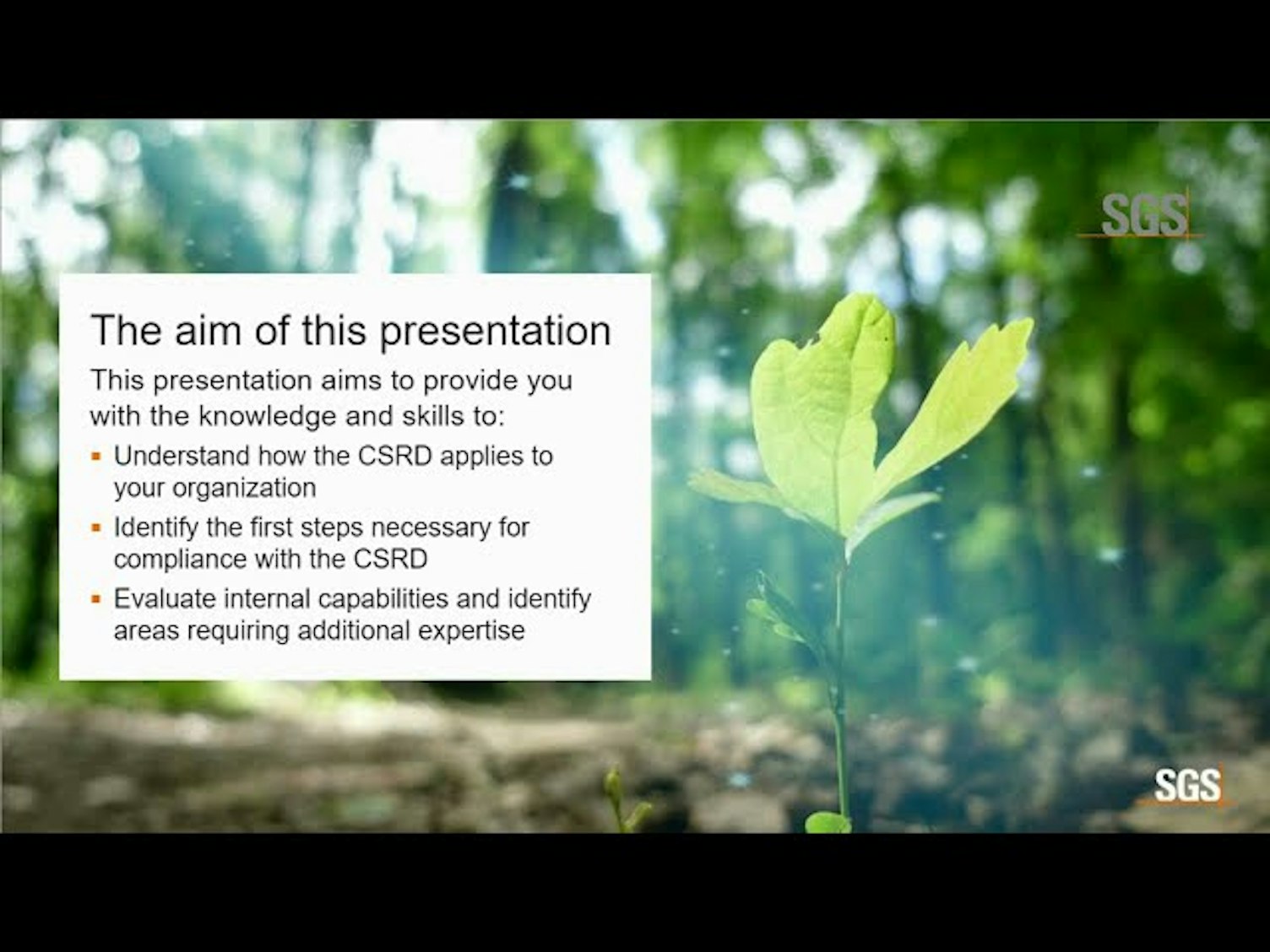Double materiality
This focuses on two main areas and is fundamental to CSRD compliance:
- The organization’s impact on the environment and people (inside-out position)
- Sustainability-related developments and events that create risks and opportunities for the organization (outside-in position)
Under the CSRD, organizations must disclose their impact on the above and how they could affect the organization going forward.
The organization must undertake a double materiality assessment to identify which sustainability aspects are most material to the business and its stakeholders. This assessment:
- Determines the scope of sustainability reporting
- Enables efficient allocation of the resources needed for CSRD compliance
- Provides essential insights for shaping company strategy
Under double materiality, a sustainability topic can be material for an organization when it meets impact materiality and/or financial materiality criteria, hence the use of “double”.
Although the CSRD has guidelines for this, the organization must determine whether a subject is material or not, and choices must be substantiated either way. Assessing which topics are relevant/material, thus, to include in sustainability reports, is a crucial early step toward CSRD compliance. Our CSRD Double Materiality service will support you through this.
The assessment’s outcome will determine which reporting standards, disclosures and data points should be included in the organization’s sustainability reports, and which can arguably be left out.
A double materiality-led report and strategy enhance transparency and decision-making, and ensure that time and resources are focused on the topics that matter most to the organization, stakeholders and society.
Our global network of CSRD experts can support you every step of the way.
Backward- and forward-looking analysis
Organizations must supply retrospective and forward-looking analyses. This means sharing quantitative and qualitative information.
Stricter rules on climate-related disclosures
The CSRD will call for disclosure of Scope 3 emissions, indirect carbon dioxide emissions produced by all organizations throughout the supply chain connected to the original organization.
Enforced audits
For the first time, all sustainability information in a report must be audited to verify accuracy before publication. Our CSRD Assurance service can support this.





